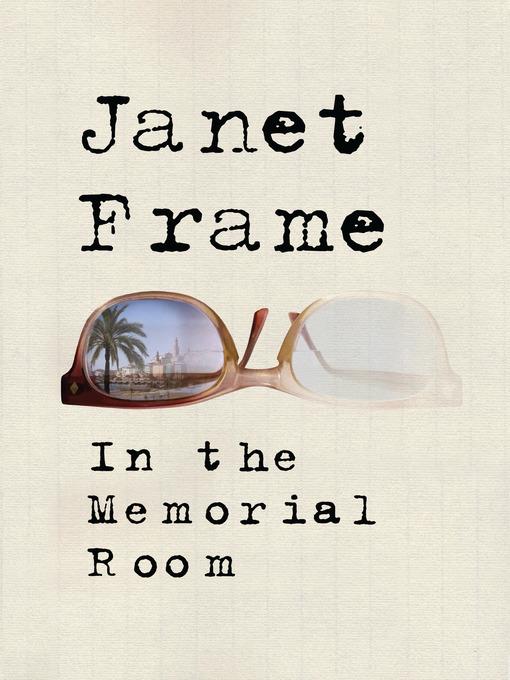
In the Memorial Room
A Novel
- اطلاعات
- نقد و بررسی
- دیدگاه کاربران
نقد و بررسی

August 5, 2013
Prolific New Zealander Frame (An Angel at My Table) wrote this novel in 1974, but embargoed publication during her lifetime. Frame draws on her time in Menton, France, as a Katherine Mansfield Fellow, in portraying historical fiction writer Harry Gill’s travails after being awarded the annual Watercress-Armstrong Fellowship. The award, given in honor of the (fictional) poet Margaret Rose Hurndell, requires him to travel to Menton, where Hurndell once lived. Harry finds himself struggling to turn his good fortune into productivity. He is expected to do his writing in the dilapidated Rose Hurndell Memorial Room, but finds himself unable to complete anything there. Hurndell’s admirers interrupt Harry regularly, and the entire town seems more interested in the idea of having a writer around than in the work itself. While Hurndell’s memory is complacently worshipped, Harry struggles with his eyesight and his general invisibility among the townspeople. In her signature eclectic style, Frame has crafted both a canny commentary on literary fame and hero worship and a heartfelt meditation on what it means to be a writer.

November 1, 2013
One of New Zealand's most distinguished writers, Frame (1924-2004) draws upon her own experiences living in Menton, France, to satirize the excessive devotion to or fetishizing of famous authors in this posthumously published novel. Written in 1974, the work is a social commentary and comedy about the fandom surrounding deceased poet Margaret Rose Hurndell, who is meant to represent New Zealand writer Katherine Mansfield (1888-1923). For this reason, Frame insisted the book not be published until after her death. The experiences of protagonist Harry Gill, a historical fiction writer, parallel the time Frame spent as a Mansfield Fellow in 1973. Gill's keen observations of the well-intentioned but annoying Hurndell devotees are thoroughly enjoyable, cutting-edge social satire. However, the story is also a beautifully crafted artistic and philosophical creation that explores the nature of communication and exposes Frame's love of language. VERDICT The author's literary achievements may not be familiar to American readers, and this is a terrific introduction to an original writer who deserves her own serious league of fans. Recommended for all fiction collections.--Faye Chadwell, Oregon State Univ., Corvallis
Copyright 2013 Library Journal, LLC Used with permission.

Starred review from November 1, 2013
A strange, resonant, Nabokov-ian novel about the plight of Harry Gill, a New Zealand writer on a six-month fellowship in France, struggling to write his first imaginative fiction. Works by Frame (1924-2004), the New Zealand novelist and autobiographer, continue to appear. Never published during her lifetime, this book is marvelous experimental fiction. Up until now, Harry (his name comes from the title of a William Wordsworth poem) has written historical novels. Receiving the Watercress-Armstrong Fellowship, and admitting he is not funny or adventurous, he sets out to write a "comic novel in the picaresque tradition." In fact, he is so shy and compliant as to be almost anonymous. Arriving in Menton, expatriates besiege him; they want to possess the recipient of their little fellowship, created to honor a dead writer who worked in the town. The book Harry writes is this one, a journal about trying to find peace and quiet and time to write a book, a comedy of errors both physical and metaphysical. The local doctor Harry visits, afraid that he is going blind and, again, when he goes deaf, is Dr. Rumor. The good doctor opines that Harry's symptoms are a species of hysteria: He fears going blind because he's afraid he is invisible. The humor is bone-dry and crackling. Harry, observing his predicament: "One does not always quote fiction as a good example for life but, I told myself, I would never have let this happen in fiction--a man going blind who instead becomes deaf." Frame's sentences are marvels, winding like narrow alleys through hill towns: They open spectacular vistas. Brilliant.
COPYRIGHT(2013) Kirkus Reviews, ALL RIGHTS RESERVED.




دیدگاه کاربران